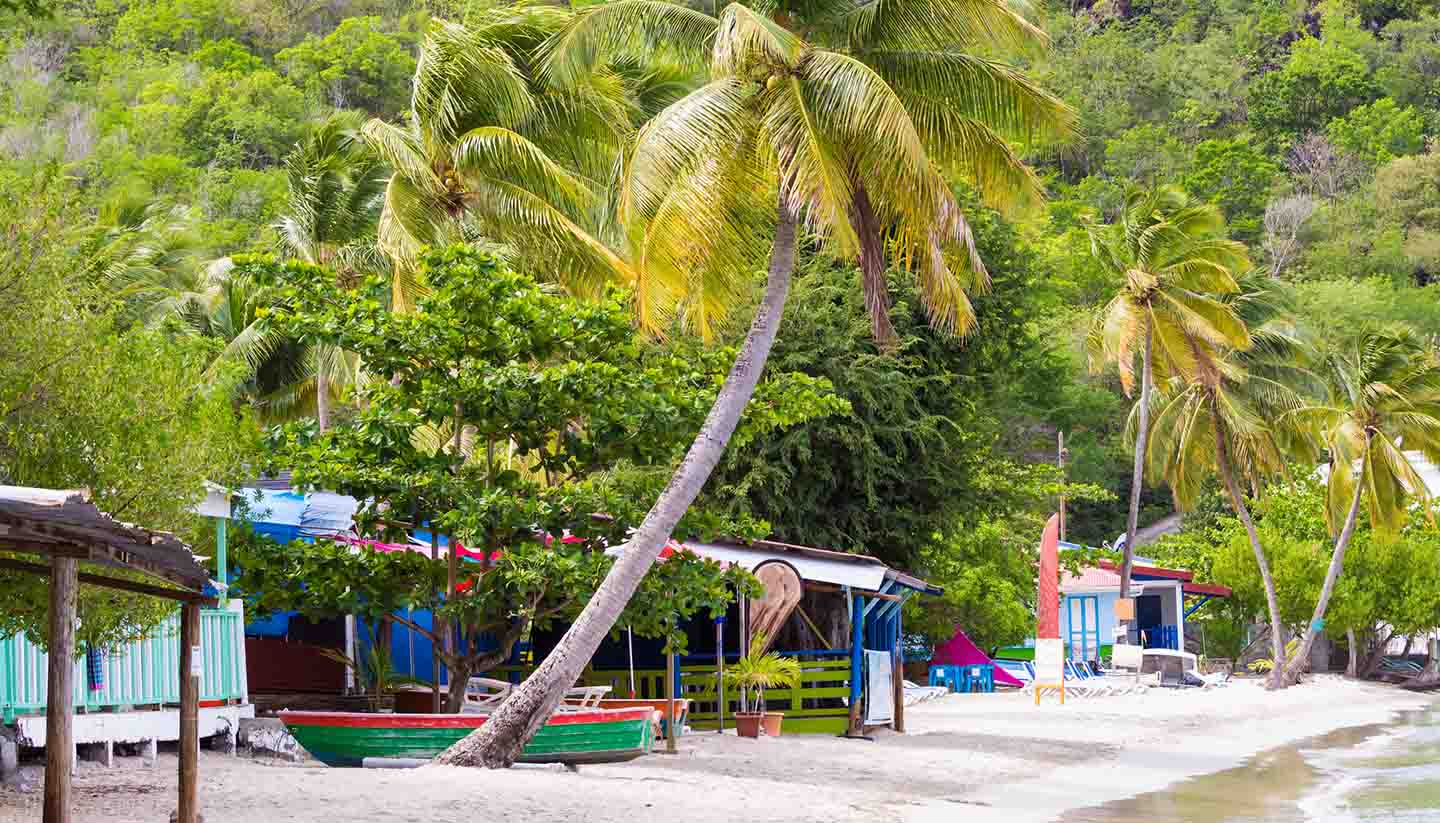Martinique History, Language and Culture
History of Martinique
Prior to the discovery of Martinique by Columbus in 1493, the area was inhabited by Arawak and Carib Indians. There was no real European interest in the island until French colonies were established in 1635. Though the British made brief attempts to occupy the island during the 18th and 19th centuries, it has remained under French control ever since (along with Guadeloupe). Slavery was abolished in 1848 and, in the late 19th century, tens of thousands of immigrant workers arrived from India to replace the slave workforce on the plantations. Both Martinique and Guadeloupe were administered as parts of French Antilles. In 1946, rather than following a path to independence, the two islands were incorporated into the French nation with the status of Overseas Departments.
There was little political evolution until 1974 when Martinique, along with Guadeloupe and French Guiana, was granted some local political and economic autonomy. This was increased in 1982 and 1983 following a package of decentralisation policies introduced by French President Mitterand. Most affairs, with the major exceptions of defence and security, are now generally under local control. The thrust of French government policy in the region is now to bolster links between its remaining possessions, Martinique and Guadeloupe, and other French Caribbean nations.
Four parties dominate the political scene in Martinique: the Gaullist RPR-UDF (allied to the French party of the same name), the Parti Communiste Martiniquais and two island-based nationalist parties, the Parti Progressiste Martiniquais (PPM) and the Mouvement Indépendantiste Martiniquais (MIM, which now operates under the moniker Patriotes Martiniquais). Martinique's political centre of gravity is generally, but not always, to the left of the French mainstream. The PPM controls the Conseil Générale (elected into office in 2000), while the RPR is the majority party in the Conseil Regional (1998).
Martinique Culture
Religion in Martinique
The majority of the population is Roman Catholic.
Social Conventions in Martinique
The atmosphere is generally relaxed and informal. Casual dress is acceptable everywhere, but formal attire is needed for dining out and nightclubs.
Language in Martinique
The official language is French; a Creole patois is widely used.


